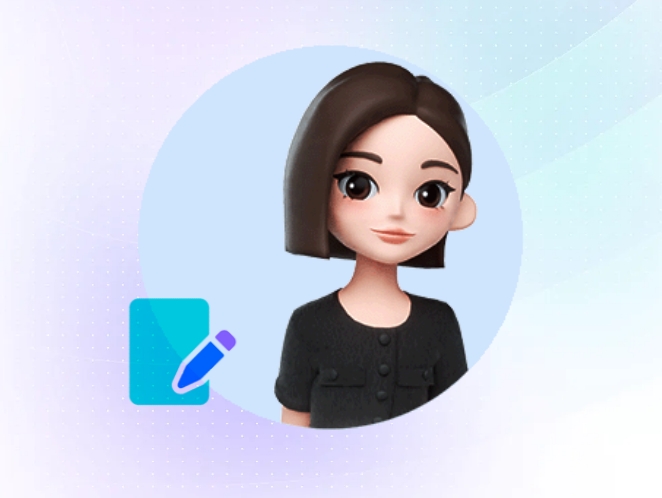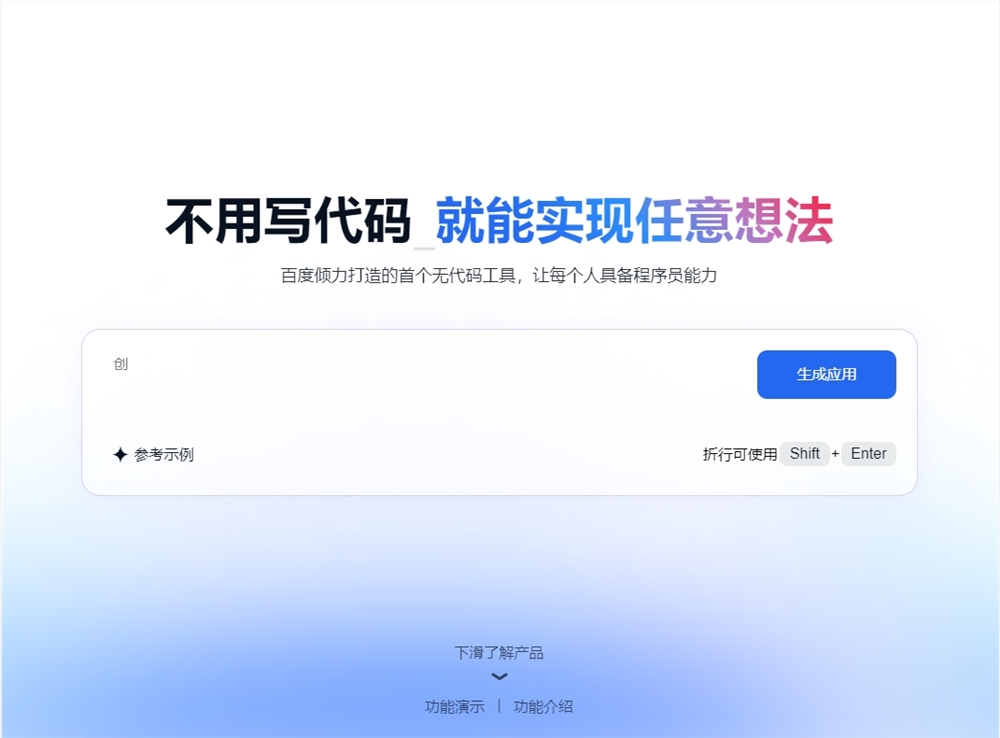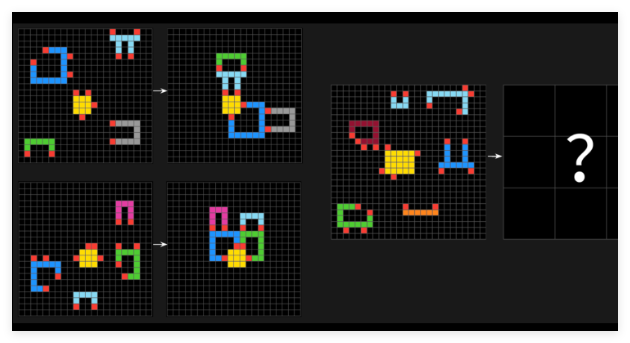Google recently announced that its enterprise code assistant, Code Assist, has been upgraded to Gemini 2.0 and has expanded its connectivity to external data sources. This new version will provide developers with a larger context window to better understand large codebases within enterprises.
According to Ryan Salva, Senior Director of Product Management at Google Cloud, Code Assist can now connect with various data sources, including GitLab, GitHub, Google Docs, Sentry.io, Atlassian, and Snyk. Developers can directly request assistance from Code Assist within their Integrated Development Environment (IDE) without interrupting their workflow. Previously, Code Assist only supported integration with VS Code and JetBrains.
Code Assist was originally known as Duet AI, which was first launched in October last year. As enterprises increasingly demand streamlined coding projects, AI coding platforms like GitHub Copilot have also gained widespread attention. Code Assist has added enterprise-level security and legal protections upon its enterprise version release.
Salva emphasized that connecting Code Assist to the other tools developers use daily can provide them with more context without frequently switching windows. He stated, "Developers may use multiple tools throughout the day, such as GitHub, Atlassian Jira, DataDog, and Snyk, and we aim to bring this additional context into their IDEs."
Developers simply need to open the chat window of Code Assist and inquire about the latest comments on specific issues or the most recent pull requests in the codebase. Code Assist will automatically query the data sources and bring back relevant information to the IDE, helping developers work more efficiently.
AI coding assistants are one of the early significant applications of generative AI. Since software developers began using ChatGPT to assist with coding, several enterprise-focused coding assistants have been launched in the market. GitHub released Copilot Enterprise in February this year, and Oracle also launched Java and SQL coding assistants. Additionally, Harness has introduced a coding assistant based on Gemini that provides real-time suggestions.
It is worth noting that although Code Assist now supports Gemini 2.0, it remains separate from Google's newly launched tool, Jules. Salva mentioned that Jules is one of several experiments launched by the Google Labs team aimed at demonstrating how autonomous or semi-autonomous agents can automate the coding process. While Code Assist is currently the only enterprise-level coding tool based on Gemini, Jules may integrate similar functionalities in the future.
Currently, early user feedback on Code Assist and Jules indicates that Gemini 2.0 has significantly improved response speed. Salva pointed out that quick feedback is crucial for developers during the coding process, as any delay can disrupt their thought process.
Looking ahead, although the growth of coding assistants in the generative AI space remains critical, Salva believes that companies may change their approach to developing code generation models and applications in the coming years. He noted that Google's DevOps research and assessment team found in their 2024 accelerated development status report that 39% of respondents expressed distrust in AI-generated code, while documentation and delivery quality also declined.
Key Points:
✅ Code Assist has been upgraded to Gemini 2.0 and has added connections to multiple data sources.
✅ Developers can use Code Assist directly in the IDE to obtain relevant contextual information, enhancing work efficiency.
✅ The future development of AI coding assistants may focus more on code generation quality rather than solely improving work efficiency.










